Description
ABSTRACT
Power of Attorney: For Delegation or Alienation? Whither Law?
Sadiku M. Ilegieuno*, Lawal Kazeem**, and Francis Jarigo***
Over the years, a power of attorney has provided a convenient means of delegating, or if you like, outsourcing, power or authority to a third party, especially where the donor is unavailable to act or the act in question requires the services of persons with specific technical knowledge or experience. In fact, most often than not, a power of attorney serves as the foundation of a principal-agent relationship. In recent times, however, the use of power of attorney seems to have fully embraced or assumed a completely different dimension in Nigeria. Other than in the traditional sense of being used to authorize another to act on behalf of the donor, power of attorney is now being used in the Nigerian real estate sector to alienate or transfer interest in land. While Nigeria’s superior courts have, typically, through their judicial pronouncements, continuously downplayed or discouraged this practice, it would, however, appear that the Nigerian Supreme Court may have tacitly lent credence or sanctioned same, considering its recent decision in the case of Yakubu Ibrahim v Simon Obaje (Obaje’s case). But the question that agitates people’s minds is this; does it mean that a power of attorney is now a viable substitute for a contract for the sale of land in Nigeria? This paper attempts to proffer an answer to this question. In the process, it examines the traditional role or concept of power of attorney visa- a-vis the new practice of deploying it as a tool of alienation of an interest in land within the context of the Supreme Court’s decision in Obaje’s case.
Keywords: Power of Attorney, Real Estate, Land, Supreme Court.
INTRODUCTION
Globally, a power of attorney (“POA”) is generally understood to be a legal instrument that gives a designated person, called grantee or donee, the power(s)1 to act for another person called the grantor or donor. Thus, a POA is an instrument of delegation of authority or power or an instrument for empowering someone to do certain acts on behalf of the donor. Most often than not, a POA serves as the foundation of a principal-agent relationship. Unlike a deed of conveyance or assignment, a POA is not, by its nature, used to transfer or alienate interest in land.
Against this backdrop, it follows that the mere possession of a POA does not necessarily translate to having a valid title to the land, such that even if it authorizes the donee to do any of these acts to any person, including himself, the mere issuance of such a power is not per se an alienation or parting with possession.
* LL.B, (University of Benin), LL.M (University of Lagos). Partner, Disputes Resolution, Real Estate and Media, Entertainment, Technology, Intellectual Property and Sports (METIS) Practice Groups at Templars, Nigeria.
** LL.B (Adekunle Ajasin University), BCL (University of Oxford). Associate in the Dispute Resolution and Tax Practice Groups at Templars.
*** LL.B (University of Calabar) Associate in the Dispute Resolution & Real Estate Practice Group at Templars.
- Susanniger & Co. Ltd v Minister, FCT Administration & Ors [2020] LPELR-51190(CA).

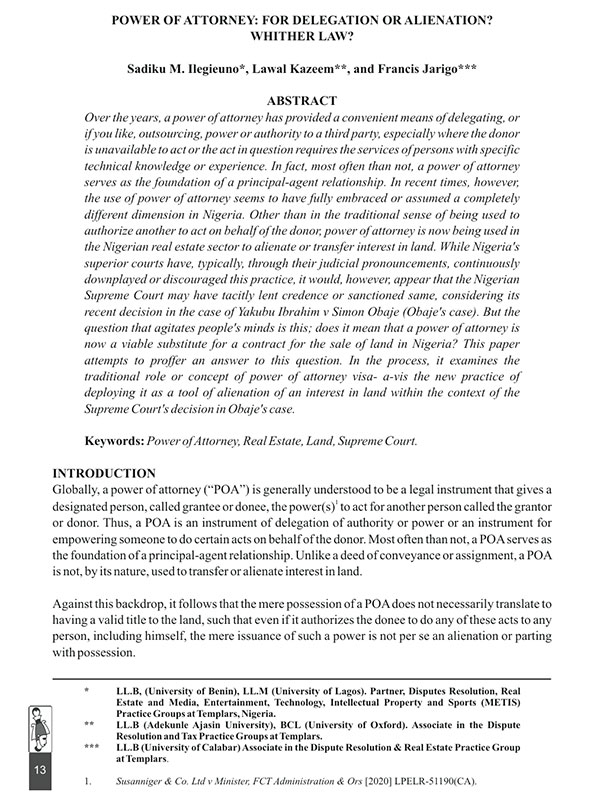
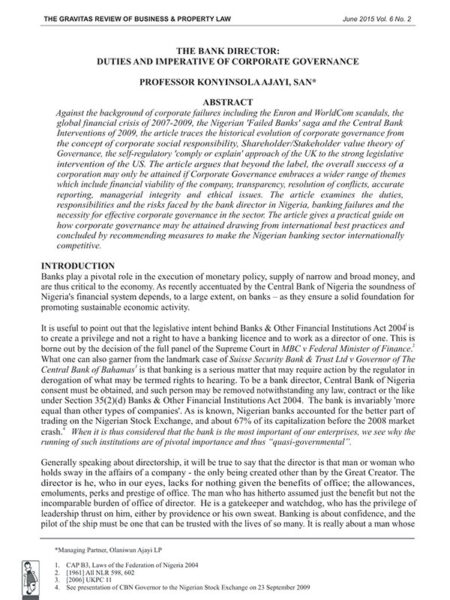
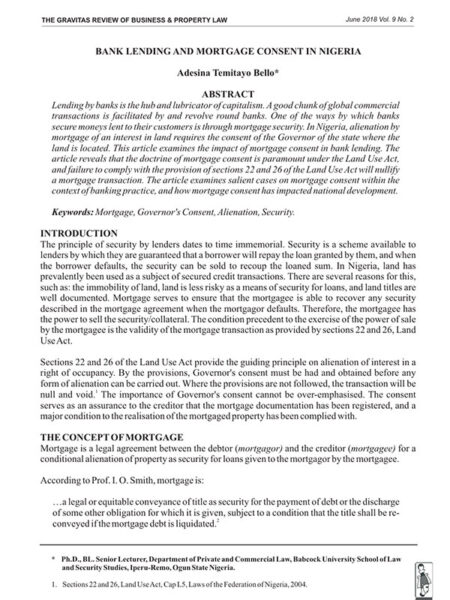
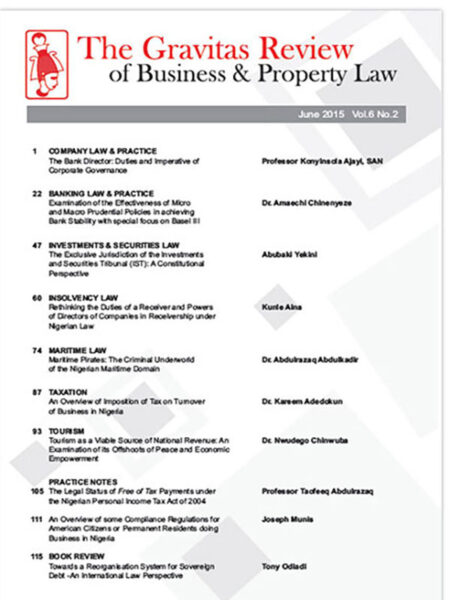
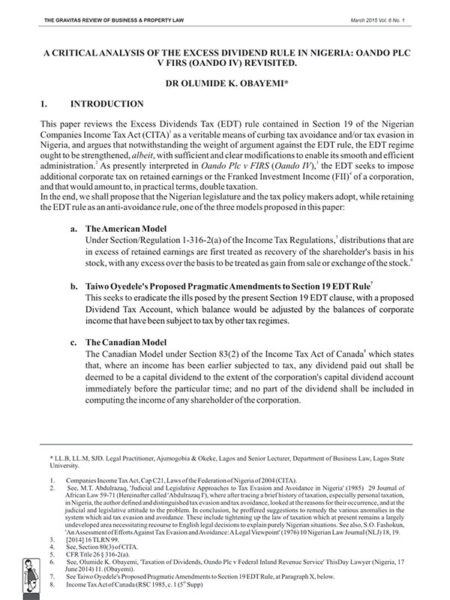


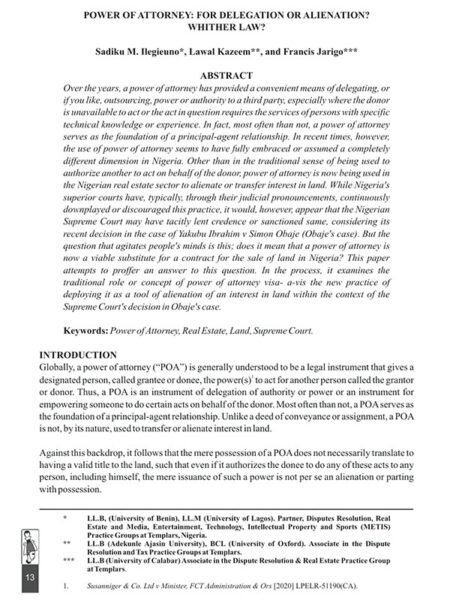
Reviews
There are no reviews yet.